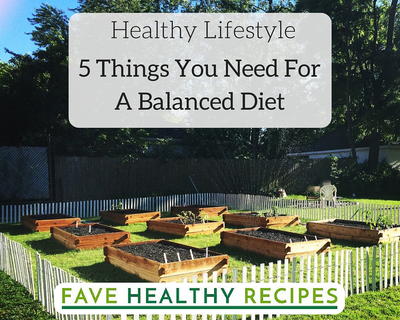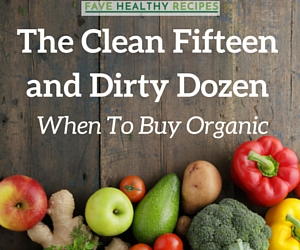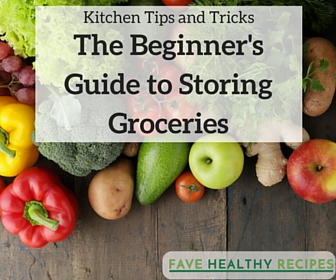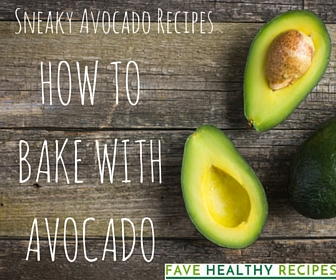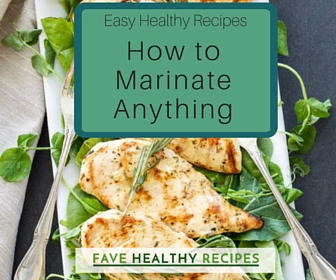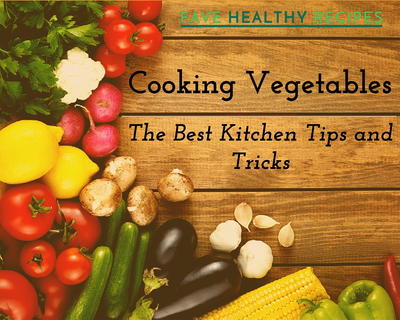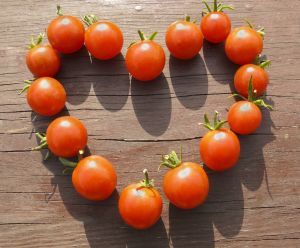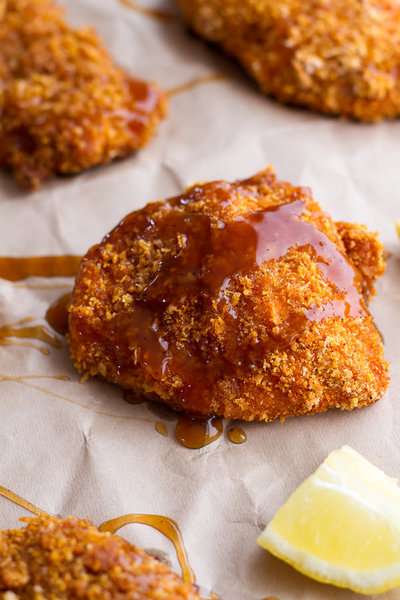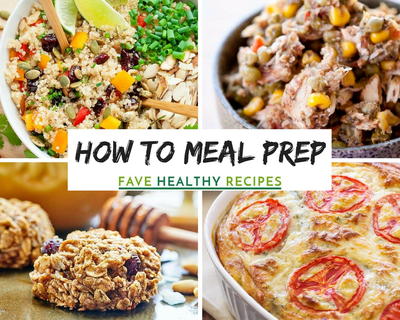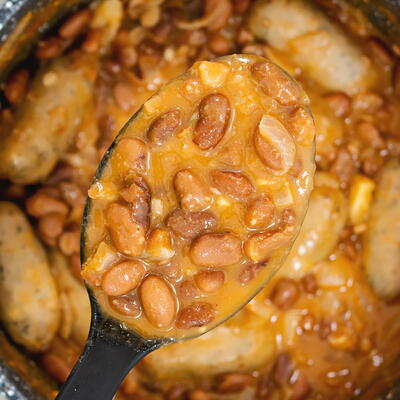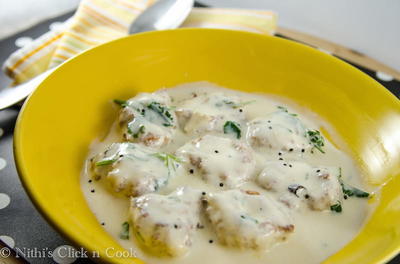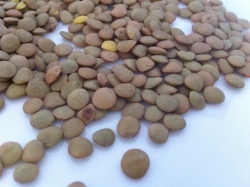How to Live A Healthy Lifestyle: Eating Your Vitamins
You'll be A-oKay if you follow this guide on how to eat your vitamins!
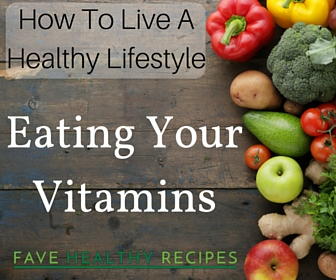
It's one thing to eat healthy foods and follow a healthy lifestyle, but it's another to be sure that you're getting all of the necessary vitamins and nutrients. For many of us, no matter how healthy we eat still don't meet the requirements for daily values (DV) of vitamins. It can be tempting to peruse the vitamin aisle at the supermarket and pick out supplements for those deficiencies, but that isn't always the best idea. Your body will absorb them better if they come from whole foods. This guide, How to Live A Healthy Lifestyle: Eating Your Vitamins, will help you pick the right foods to pack your diet with plenty of vitamins.
For more information on following a healthy lifestyle, you'll want to read this guide:Healthy Lifestyle: 5 Things You Need For A Balanced Diet
Vitamin A
Vitamin A is best known to benefit vision, but it is also beneficial to immunity. Most orange vegetables such as carrots, dried apricots, cantaloupe, and bell peppers are good sources, along with dark leafy greens and fish.
The best source, however, happens to be sweet potatoes. One medium-sized baked sweet potato has over 500% the recommended daily value. Try this easy Roasted Sweet Potato Medallion Casserole for an easy way to get your Vitamin A!
Vitamin B
Vitamin B6 is a vital part in metabolizing foods and stabilizing blood sugar. Most of us get our recommended serving from beef, poultry, non-citrus fruit, and fortified cereals. The best source of this vitamin is the chickpea or garbanzo bean. For a hearty dose of Vitamin B6, try this Better-Than-Tuna Chickpea Salad.
On the other hand, Vitamin B12 is a little bit harder to get naturally. It guards against certain types of anemia and helps to make DNA, too. The two main sources of Vitamin B12 are beef liver and clams, but neither of those are very commonly consumed. Unless you enjoy those foods, keep an eye on the side of your cereal box as some cereals are fortified to include B12. Fish, poultry, milk, eggs, and other dairy products can also have B12.
Vitamin C
You probably just had an image of an orange in your head when you read "Vitamin C." While high in Vitamin C, citrus fruits and juices are not actually the best sources of it. Sweet red bell peppers are actually the best source. A few other sources include kiwi fruit, cantaloupe, broccoli, and Brussels sprouts. Try these Stuffed Roasted Bell Peppers recipe with red peppers for a full meal and a healthy dose of Vitamin C.
Vitamin D
Vitamin D is naturally generated in our bodies when our skin is exposed to sunlight, and Vitamin D and also helps with bone and cell growth. There are actually very few naturally occurring sources of Vitamin D, except for fatty fishes such as mackerel, swordfish, and salmon. Other good sources are fortified milk, breakfast cereals, orange juice, and yogurt.
This Honey-Glazed Baked Salmon is a great way to naturally get your dose of Vitamin D!
Vitamin E
Vitamin E helps fight against free radicals (found in air pollution, cigarette smoke, and ultraviolet light) and boosts the immune system. It is found in a variety of naturally occurring and fortified products, from vegetable oils and green vegetables to fruit juices and margarine. Nuts and seeds are one of the best sources and most common for most of us. Almonds are especially high in Vitamin E, and these Smoked Paprika Almonds make a great snack!
Vitamin K
For overall health, Vitamin K is extremely important. It ensures that blood clots when it needs to, like when you get a cut or scrape, and keeps bones healthy. The good thing is that Vitamin K is very easily found naturally in green leafy vegetables (such as broccoli, kale, lettuce, and spinach), vegetable oils, blueberries, cheese, eggs, and soybeans. For a superfood packed lunch, try this easy Kale Detox Salad.
References
1. Dietary Supplement Fact Sheets from The National Institutes of Health: Office of Dietary Supplements
2. Best Foods for Every Vitamin and Mineral from Health
BONUS!
For a meal that has every vitamin in this alphabet, try this Maple-Glazed Salmon with Sweet Potatoes and Broccoli!
Your Recently Viewed Recipes
Judith Huerta
May 23, 2018
Coming from someone who tries to be super fit, I really enjoyed reading this post. I don't include vitamins into my diet because I usually think I get them from other sources. However, it's not always the case. My diet might be vitamin deficient, and I wouldn't know it because I make assumptions! This is a great guide, and I'll be sure to use it later on.
Eugenia
Jul 13, 2017
This is a really helpful guide! I haven't heard much about vitamin K before but now I feel much more knowledgeable about my vitamins and how to get them!
Report Inappropriate Comment
Are you sure you would like to report this comment? It will be flagged for our moderators to take action.
Thank you for taking the time to improve the content on our site.

